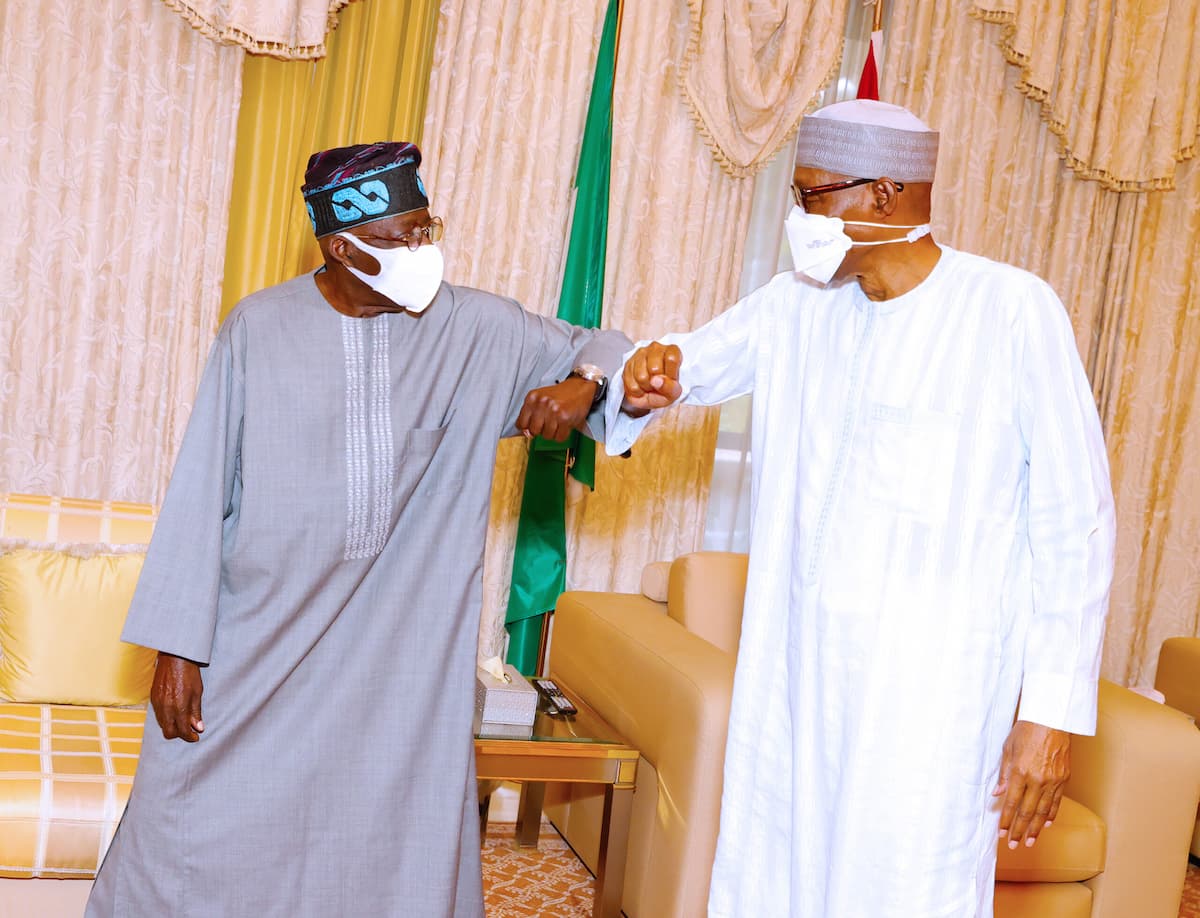With electricity supply, particularly from the distribution companies remaining at an average of nine hours a day in the first half (H1) of 2018, local manufacturers’ expenditure on alternative energy source stood at N43.19 billion during the period.
Although electricity remained a core challenge of the manufacturing sector in H1 2018, local producers noted that average number of power outage in the period dropped to three times dally, indicating slight improvement in electricity supply to the sector, even as spending on alternative energy reduced.
According to latest data from the Manufacturers Association of Nigeria (MAN), expenditure on alternative energy sources in the sector stood at N43.19 billion H1 2018, which is 34.6 per cent and 15.9 per cent lower than N66.03 billion recorded in H1 2017, and N51.35 billion of the preceding half respectively.
The operators explained that the decline in expenditure on alternative energy source may be ascribed to low utilisation of energy in the period due to general sluggishness of economic activities and slight improvement in electricity supply from the national grid.
To address the challenges, the manufacturers urged the Federal Government to ensure the operability of Independent Power Producers (IPP) for On/Off grid power generation, and the Micro Grid Initiative.
The Chairman, Manufacturers Power Development Company Limited, a subsidiary of MAN, Ibrahim Usman, had explained that the poor power supply in the country was seriously affecting the manufacturing sector, hence the partnership with independent power developers to develop small capacity IPPs in its industrial clusters.
The operators also added that government should re-classify the manufacturing sector into strategic gas users from the current commercial gas users’ classification to aid affordable access to alternative energy.
In terms of manufacturing investment, estimated cumulative manufacturing investment from 2013 to 2017 was N4.12 trillion based on data generated from surveys conducted by MAN over the period.
In the first half of 2018, manufacturing investment stood at N305.56 billion, representing N23.72 billion (7.2 per cent) decline and N128.87 billion (72.9 per cent) increase over N329.28 billion recorded in the corresponding half of 2017 and N176.69 billion of the preceding half respectively.
Assets under Construction ranked highest with investment worth N149.14 billion; investment in Plant and Machinery was N110.47 billion; Land and Building was N32.84 billion; Motor vehicle was N9.93 billion; and Furniture and Equipment was N4.18 billion in H1 2018.
Sectoral group analysis shows that the highest proportion of total manufacturing investment in H1 2018 went to Food, Beverage and Tobacco group. Investment in the sector stood at N86.94 billion, N4.13 billion (4.5 per cent) lower than N91.07 billion of the corresponding half of 2017 and N14.2 billion (19.5 per cent) of N72.74 billion of the preceding half.
Analysis based on industrial zones shows that greater proportion of manufacturing investment (N95.31 billion or 31.2 per cent) in the first of 2018 went to Ogun zone. Apapa zone recorded investment worth N93.67 billion (30.7 per cent); while investment worth N54.80 billion (17.9 per cent) went to Ikeja zone in the period.
Investment in Ogun zone stood at N95.31 billion during the period under review, up by N1.55 billion (1.7 per cent) from N93.76 billion recorded year earlier. However, it shows an increase of N44.2 billion (86.5 per cent) from N51.11 billion recorded in the preceding half.




